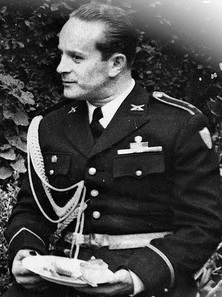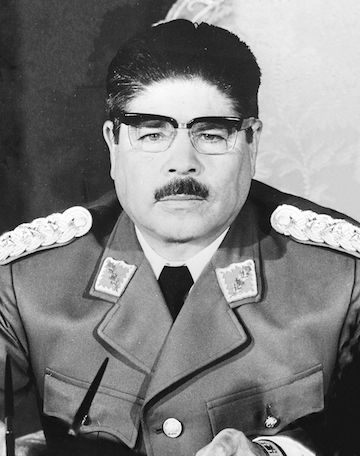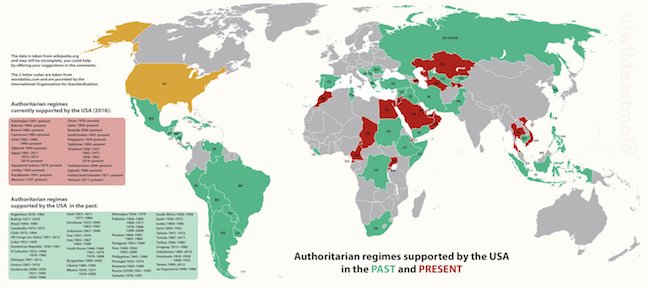Summary | Excerpt | Reading Guide | Reviews | Beyond the Book | Read-Alikes | Genres & Themes | Author Bio

Critics' Opinion:
Readers' Opinion:
First Published:
Nov 2018, 256 pages
Paperback:
Nov 2019, 272 pages
 Book Reviewed by:
Book Reviewed by:
Lisa Butts
Buy This Book
This article relates to Those Who Knew
The setting of Idra Novey's Those Who Knew is an unnamed island with a contentious intertwined relationship with its neighbor to the north, which supported the regime of a brutal dictator years before the events of the novel take place. The latter country would appear to represent the United States, and the circumstances reflect the numerous instances in which the U.S. has interceded on behalf of dictators or other non-democratically elected leaders, particularly in Central and South America.
 In the case of Guatemala, the U.S. State Department orchestrated the overthrow of President Jacobo Árbenz in 1954 after he pursued agrarian reforms that would have threatened the profit margins of the United Fruit Company's Latin American plantations. Árbenz was replaced by a military dictatorship headed by the anti-communist Colonel Carlos Castillo Armas and the reform movement died in its infancy. Armas was assassinated in 1957 and Guatemala was plunged into a civil war that lasted until 1996 and resulted in the deaths of an estimated 200,000 civilians.
In the case of Guatemala, the U.S. State Department orchestrated the overthrow of President Jacobo Árbenz in 1954 after he pursued agrarian reforms that would have threatened the profit margins of the United Fruit Company's Latin American plantations. Árbenz was replaced by a military dictatorship headed by the anti-communist Colonel Carlos Castillo Armas and the reform movement died in its infancy. Armas was assassinated in 1957 and Guatemala was plunged into a civil war that lasted until 1996 and resulted in the deaths of an estimated 200,000 civilians.
In El Salvador, a 13-year civil war (1979-1992) was fought between a U.S.-supported military junta known for its death squads and a group of leftist guerrillas. The U.S. continued to back the junta even after it claimed responsibility for the murders of three American nuns visiting El Salvador for the funeral of an archbishop.
 The U.S.'s strong anti-communist policies have also resulted in surprising diplomatic bedfellows, as was the case in Bolivia when the Nixon administration opted to overthrow socialist president Juan José Torres to install fascist military dictator General Hugo Banzer. Torres was murdered in Argentina during the Dirty War, a 7-year period of rule (1971-1977) by another military junta for whom Henry Kissinger, Nixon's Secretary of State, expressed solidarity.
The U.S.'s strong anti-communist policies have also resulted in surprising diplomatic bedfellows, as was the case in Bolivia when the Nixon administration opted to overthrow socialist president Juan José Torres to install fascist military dictator General Hugo Banzer. Torres was murdered in Argentina during the Dirty War, a 7-year period of rule (1971-1977) by another military junta for whom Henry Kissinger, Nixon's Secretary of State, expressed solidarity.
In 1970, also during the Nixon administration, the CIA assisted in the overthrow of Socialist leader Slavador Allende in Chile during a military coup. Allende was replaced by a fascist dictator, General Augusto Pinochet, who waged a brutal campaign against the former leader's supporters. Pinochet remained in power until 1989 when free elections were held for the first time in almost two decades. Patricio Aylwin, a representative of the Christian Democratic Party was elected president.
 While the U.S. was critical of Haitian president François Duvalier in the 1950s and 60s due to his authoritarianism and alleged misuse of aid money, his son Jean-Claude Duvalier gained favor with the Carter and Reagan administrations after coming to power due to his anti-communist sensibilities. Both Duvaliers were guilty of corrupt practices and human rights violations, but with concerns about the potential spread of communism from nearby Cuba, the U.S. viewed the regime as a necessary evil. Duvalier fled Haiti in 1986 amid widespread civil unrest (making off with tens of millions of dollars and plunging the country deeper in debt). Post-Duvalier, Haiti faced two decades of political turmoil followed by 2010's devastating earthquake, and is now slowly eking its way toward stability under the presidency of Jovenel Moise.
While the U.S. was critical of Haitian president François Duvalier in the 1950s and 60s due to his authoritarianism and alleged misuse of aid money, his son Jean-Claude Duvalier gained favor with the Carter and Reagan administrations after coming to power due to his anti-communist sensibilities. Both Duvaliers were guilty of corrupt practices and human rights violations, but with concerns about the potential spread of communism from nearby Cuba, the U.S. viewed the regime as a necessary evil. Duvalier fled Haiti in 1986 amid widespread civil unrest (making off with tens of millions of dollars and plunging the country deeper in debt). Post-Duvalier, Haiti faced two decades of political turmoil followed by 2010's devastating earthquake, and is now slowly eking its way toward stability under the presidency of Jovenel Moise.
Roughly 22,000 Haitians emigrated to the United States between 1960 and 1990. About 97,000 Guatemalans emigrated during the same time period, and over 250,000 Salvadorans. While current American immigration policies become increasingly stringent, it is worth remembering that many of the individuals seeking a better life in the U.S. today are fleeing regions that still struggle decades after being destabilized by repressive regimes that were supported by American foreign policy.
Jacobo Árbenz
Juan José Torres
Fascist Countries Supported by the US
Filed under Society and Politics
![]() This "beyond the book article" relates to Those Who Knew. It originally ran in October 2018 and has been updated for the
November 2019 paperback edition.
Go to magazine.
This "beyond the book article" relates to Those Who Knew. It originally ran in October 2018 and has been updated for the
November 2019 paperback edition.
Go to magazine.





The Flower Sisters
by Michelle Collins Anderson
From the new Fannie Flagg of the Ozarks, a richly-woven story of family, forgiveness, and reinvention.

The House on Biscayne Bay
by Chanel Cleeton
As death stalks a gothic mansion in Miami, the lives of two women intertwine as the past and present collide.

The Funeral Cryer by Wenyan Lu
Debut novelist Wenyan Lu brings us this witty yet profound story about one woman's midlife reawakening in contemporary rural China.
Your guide toexceptional books
BookBrowse seeks out and recommends the best in contemporary fiction and nonfiction—books that not only engage and entertain but also deepen our understanding of ourselves and the world around us.